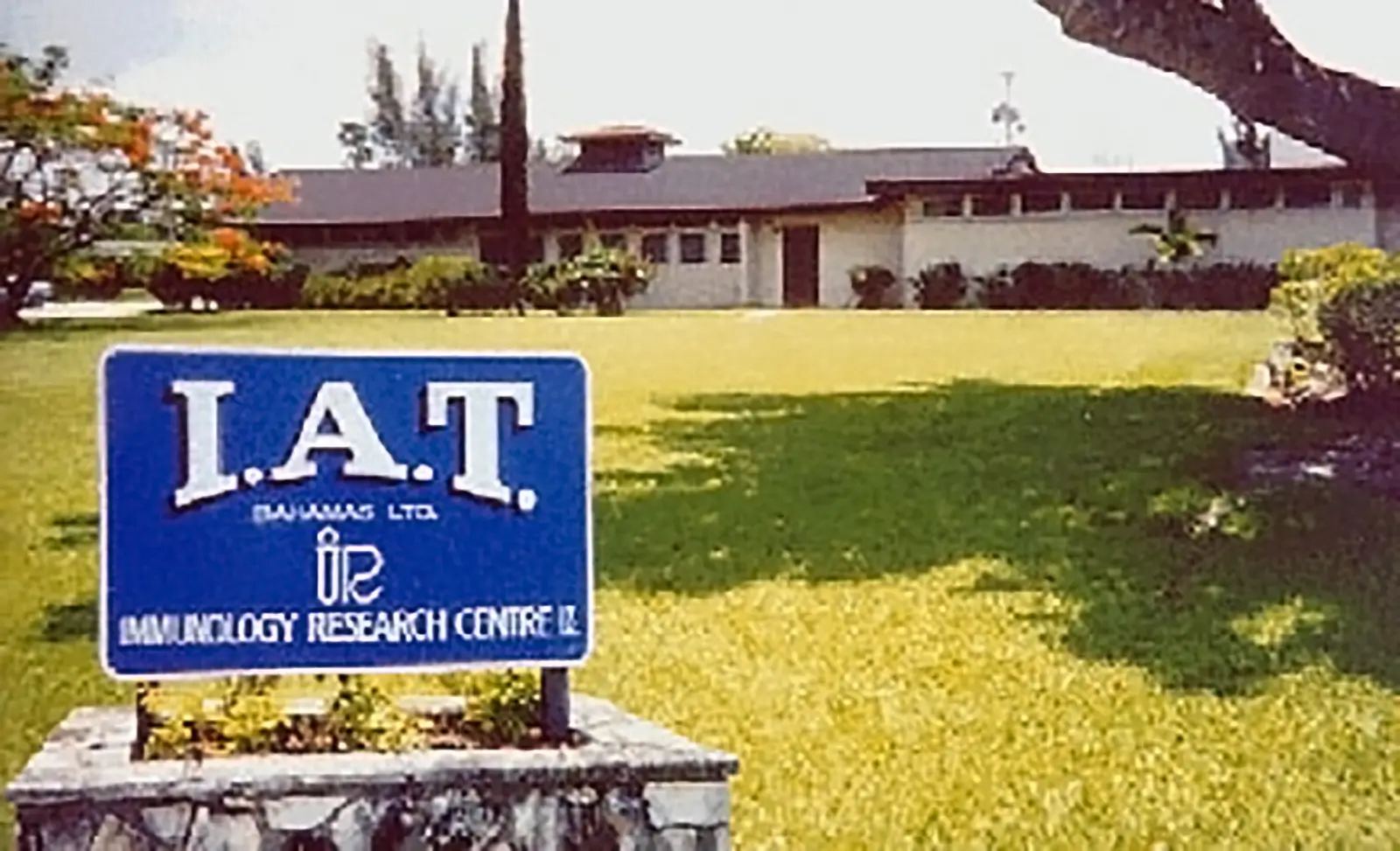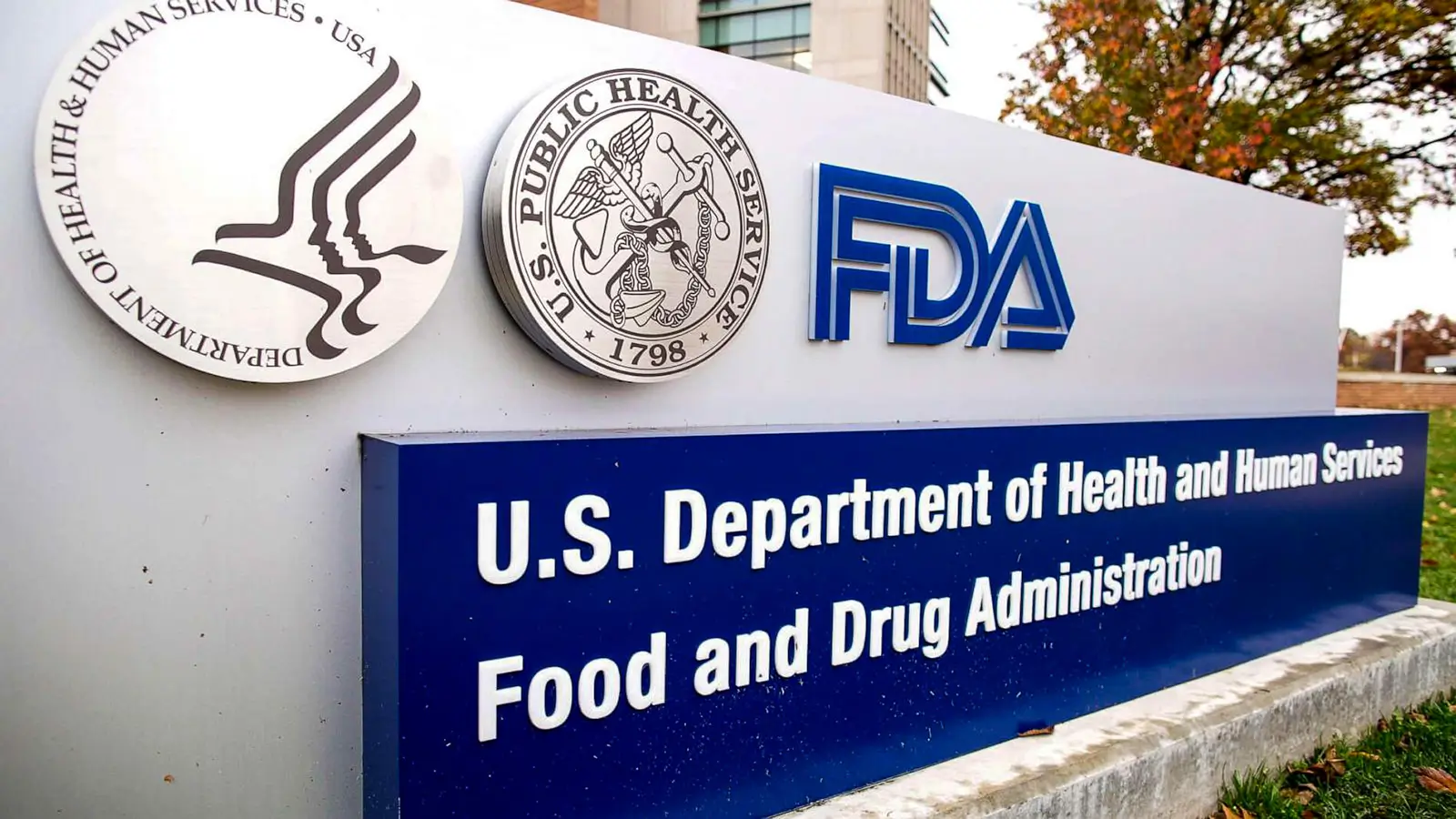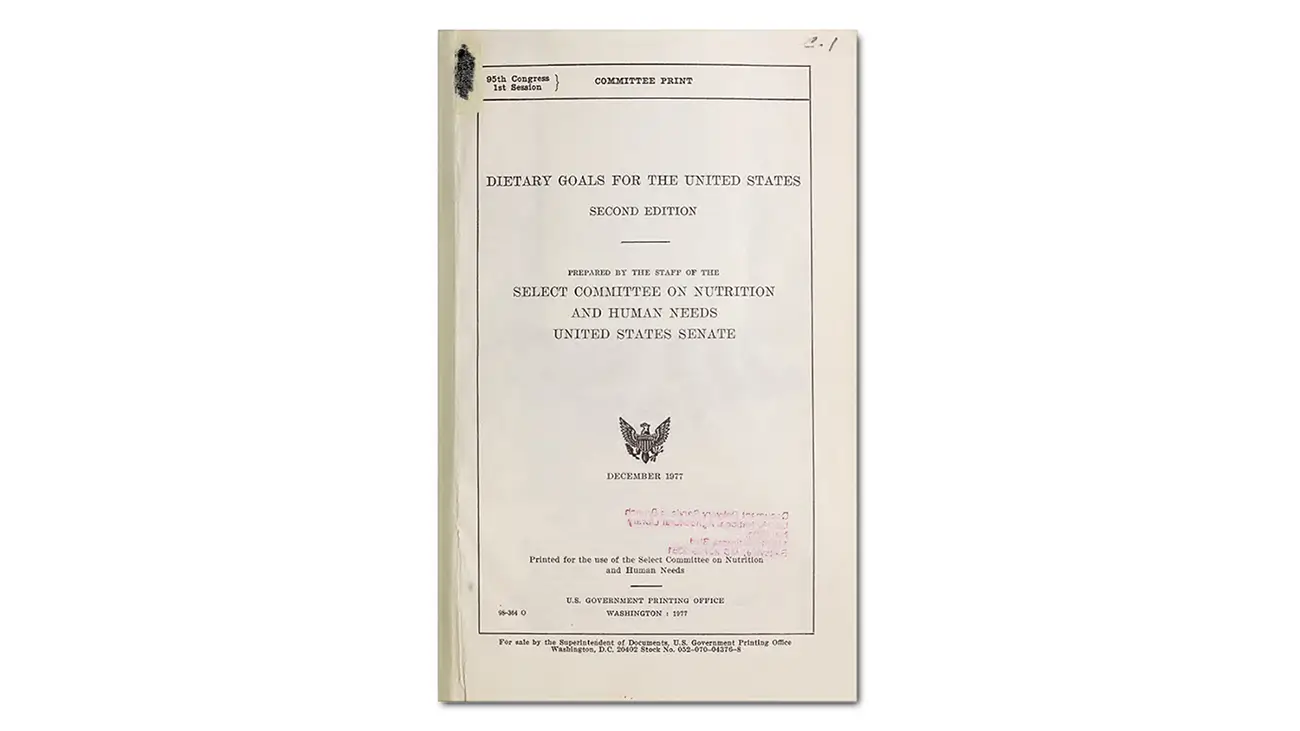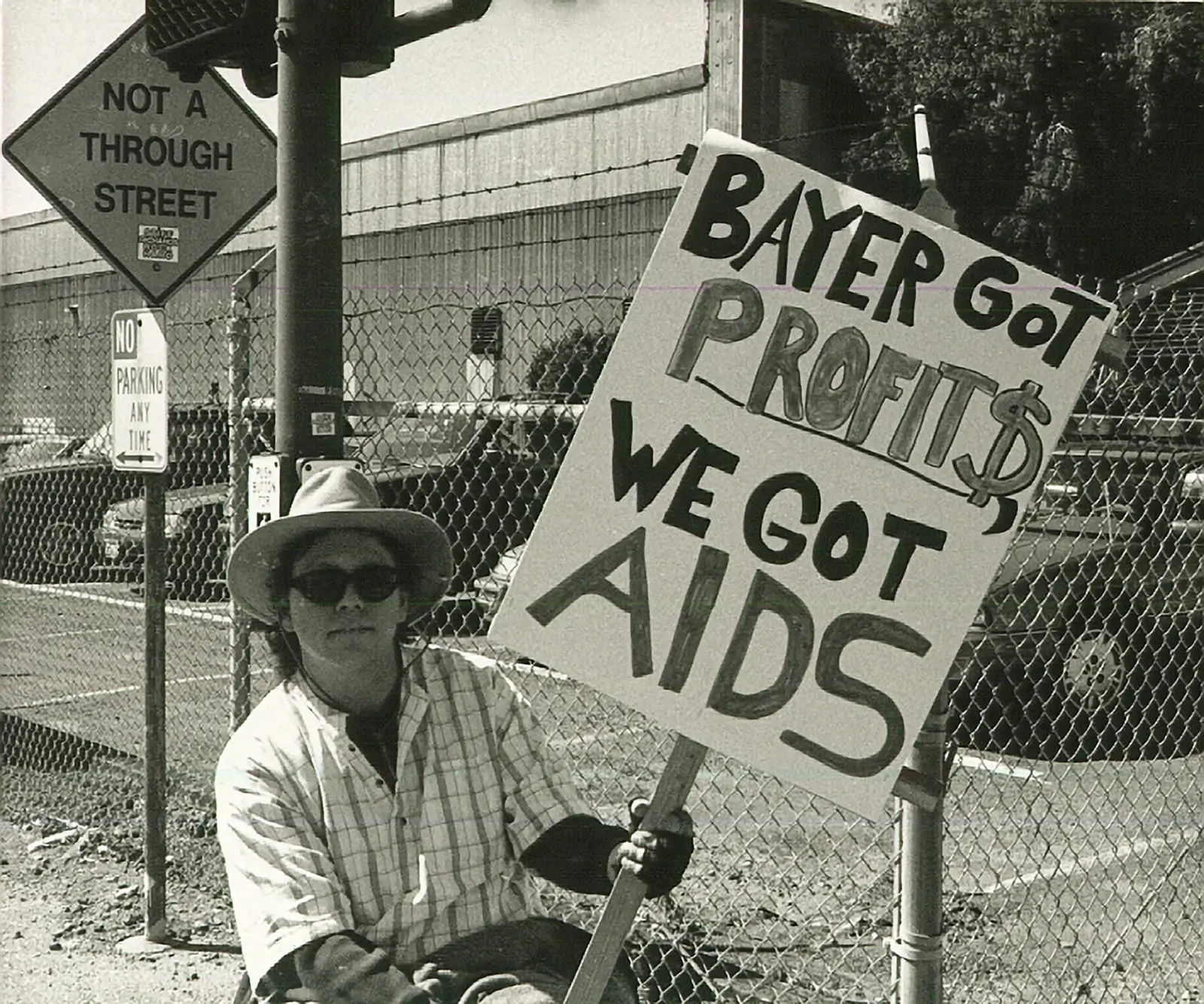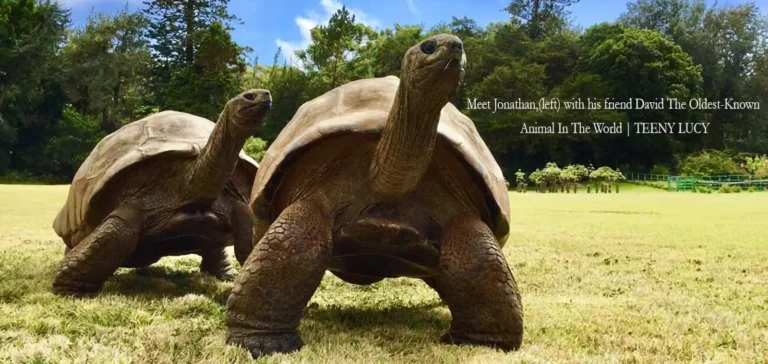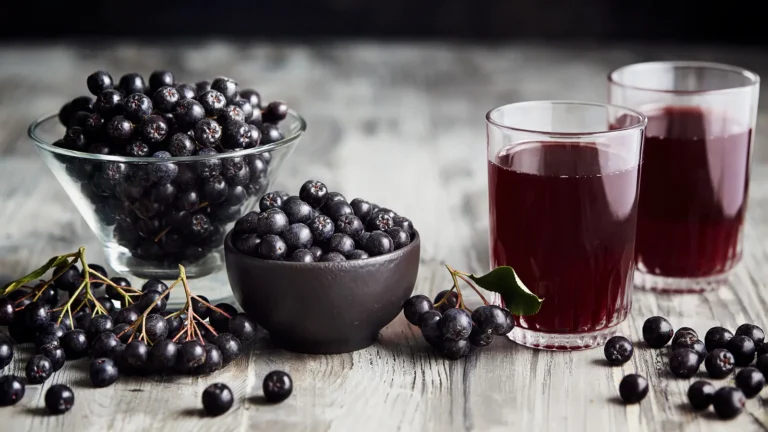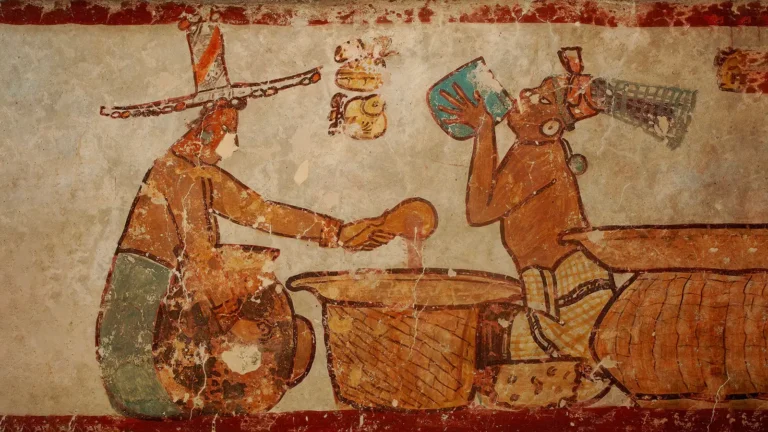A História da Grande Farmácia- Fritz ter Meer, ONU, e Codex Alimentarius
O cenário de pior caso para o Codex Alimentarius, se fosse para ser implementado, é a supressão total da vitamina, minerais e outros suplementos.
Milos Pokimica
Escrito por: Milos Pokimica
Revisto Clinicamente Por: Dr. Xiùying Wáng, M.D.
Actualizado em 9 de Junho de 2023Fritz ter Meer, nascido em 1884, foi membro da direcção da IG Farben a partir de 1925. Fritz ter Meer era filho de Edmund ter Meer (1852-1931), que fundou a empresa química Teerfarbenfabrik Dr. E. ter Meer & Cie em Uerdingen. Esta empresa foi incluída em 1925 como parte da IG Farben. Foi pessoalmente incluído na preparação do campo de concentração de Monowitz.
Era um novo campo de Auschwitz construído para I.G. Farben. Foi também responsável por ajudar a construir a fábrica IG Farben Buna Werke em Auschwitz, que conduziu experiências humanas tanto para o esforço de guerra como para o desenvolvimento de novas drogas para a IG Farben e manteve cerca de 25.000 trabalhadores escravos em condições deploráveis. Meer foi julgado no Julgamento da IG Farben de Nuremberga e foi condenado a sete anos de prisão. O que não é nada pelos crimes de guerra de que ele foi acusado e em que esteve envolvido. Quando lhe perguntaram se pensava que os testes sobre pessoas vivas em Auschwitz eram justificados, ele respondeu que isto era irrelevante:
“They were prisoners thus no particular harm was inflicted, as they would have been killed anyway.”
Well, no lies there but also a high level of psychopathy. Fritz ter Meer and twenty-six other I. G. Farben implies stayed strongly engaged in what the Germans called “the killing of useless eaters” or people who are alive but not deserving to live. They produced the compounds like the gas, Zyklon B, used to kill prisoners. However, you already by now know this. What you do not know is that during a time in prison, Fritz ter Meer theorized that using food as a weapon was the key to achieving world domination. He concluded that: “He who controls food, can control the world.” He was right completely. By the guidance of Nelson Rockefeller, Fritz ter Meer’s, and all other sentenced IG Farben managers were “rescued” from jail already in 1952. Not only that, they had reassumed positions in the highest levels of German industry. After his release war, criminal Fritz ter Meer was appointed jet again as a board member of Bayer in 1955 and, in 1956 was appointed a chairman of Bayer Pharmaceuticals. Like nothing had happened. He died in 1967 and what Bayer did? Bayer named the student foundation after him. He had a plan forged in prison. He assembled all of the executives of former I. G. Farben, recommending a greater plan. They agreed and wrote a letter to urge the United Nations to take over the regulation of world food. Fifteen years after the Nuremberg War Crimes Tribunal they were planning world food domination as an act of population control. This actually happened.
The UN response was “what a good idea.”
Como resposta a uma carta e a uma pressão política em 1962, foi formada a Comissão do Codex Alimentarius. Em 1963, começaram já a criar as normas e directrizes que vamos ser obrigatórios no futuro. Começaram a regular tudo o que entra na sua boca: água, alimentos, minerais ou vitaminas, ou qualquer outra coisa. Se entra na boca, então existe uma norma para isso. No entanto, na realidade, têm uma agenda diferente da do público, que é diferente da da protecção dos consumidores. O Codex Alimentarius, por exemplo, permite pesticidas, OGM (organismos geneticamente modificados), irradiação de alimentos, e restringe suplementos. Por exemplo, em Julho de 2007, o Comité do Codex Alimentarius sobre pesticidas trouxe de volta sete dos nove pesticidas proibidos e mais mortíferos conhecidos no mundo. Os E.U.A. estão a construir 200 plantas de radiação para irradiar cada dentada de alimento, de modo a que os E.U.A. possam estar de acordo com as directrizes do Codex Alimentarius. Aqui está mais um exemplo. As análises da FDA e outros estudos sempre demonstraram que os consumidores não gostam de comprar alimentos geneticamente modificados ou irradiados. A FDA para corrigir esta opinião falsa e não científica de consumidores estúpidos quer evitar que os consumidores façam a escolha errada. A FDA acredita que a rotulagem verdadeira seria falsa e enganosa.
A verdade é falsa. Isto é Orwellian doublepeak. A FDA acredita que sabe como cuidar de si, em vez de si. A sua vida está na mão de profissionais certificados. Não é a sua escolha.
Noutra palavra, Codex Alimentarius proíbe a rotulagem de OGMs.
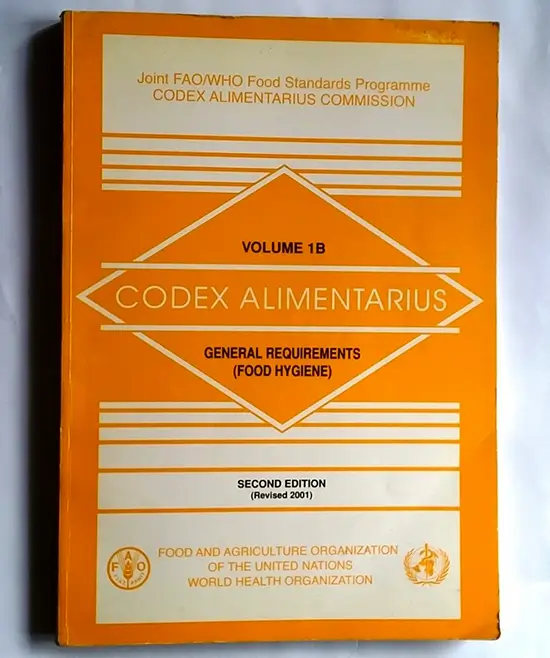
Pode não saber isto, mas quando compra carne ou qualquer outro produto se for OGM ou irradiado, não o saberá porque não há rotulagem. Se souber como na realidade as coisas são feitas e conhecer todas as ligações entre os Rockefellers e a ONU, bem como o sistema de crença comum da eugenia e da redução da população, então poderá compreender as políticas de eugenia que tinham sido escritas na arquitectura do Codex Alimentarius. Os planos de uma sociedade mundial única construída sobre eugenia não nasceram com Adolph Hitler, e certamente não morreram com ele. O Codex Alimentarius, afinal, é uma organização criada sob a jurisdição da FAO e da OMS, ambas sob a jurisdição da ONU.
As ligações entre a indústria farmacêutica, os estabelecimentos médicos, e a sua agenda empurrada sob a égide da ONU para a destruição da indústria de cuidados de saúde naturais, e o acesso a suplementos naturais é o golpe final numa guerra contra as plantas que já dura há mais de 100 anos.
O cenário de pior caso para o Codex Alimentarius, se fosse para ser implementado, é a supressão total da vitamina, minerais e outros suplementos. Como é que o vão fazer? Vão decidir o que é padrão e o que pode ser produzido. Assim, se decidirem que o RDA para algumas vitaminas está na gama, gostarão de qualquer suplemento que tenha maior potência será perigoso para a saúde e será proibido o fabrico e venda como um produto perigoso. Todos os suplementos dietéticos de alta potência que podemos comprar hoje já não estarão no mercado. O que veríamos são suplementos de baixa potência que não fazem nada. O Codex Alimentarius está a alinhar com a indústria empurrando OGMs, envenenando-nos com Melamina, e envenenando-nos com Ractopamine led alone fluoride, mas tem uma grande preocupação com a sobredosagem de vitaminas.
A mudança do Codex Alimentarius para colocar limites máximos admissíveis de vitaminas é o quê? O que é isso? Agenda maléfica ou protecção do consumidor? Sou paranóico, por isso sei a minha resposta.
Os níveis que querem são tão pequenos que estão abaixo da linha de prevenção de doenças crónicas deficientes. Por exemplo, tomo diariamente cerca de 5000 UI de vitamina D. O nível máximo permitido pelo Codex Alimentarius é de 10 UI. Dez. Só mais uma coisa.
Se acredito que há estudos que mostraram que a quantidade de 5000 UI de vitamina D por dia é mais benéfica, não estou autorizado a lê-los ou a ter acesso a eles porque uma linha médica oficial é diferente e eles estão preocupados que os consumidores se magoem a si próprios. Assim, tudo o que seja diferente da linha médica de medicina aceite é proibido de ser difundido como um perigo e perigo para a saúde.
A liberdade de expressão é uma fantasia americana, que em breve estará terminada. O Codex Alimentarius proíbe também este artigo.
Como consumidor nunca saberá o que se passa e, eventualmente, como indivíduo desinformado, aceitará que sim 10 UI de vitamina D3 é uma coisa boa. Qualquer coisa acima é ilegal. Não sei sobre o público em geral e complacência geral com tudo isto, mas quando leio o Codex Alimentarius ou outras agendas da ONU como a Agenda 21, tudo o que vejo como um indivíduo paranóico é o material dos horrores. E isto é apenas parte da guerra prolongada que já se arrastava há muito tempo. E não são apenas as plantas que constituem um problema, porque não podem ser patenteadas. É mais do que isso. Toda a verdadeira cura que destrói a doença nas suas raízes para nunca mais voltar, não é algo que a indústria queira, mesmo que possa ser patenteado. Não querem curas, querem apenas tratamentos que possam prolongar um pouco a vida.
Referências:
Passagens seleccionadas de um livro: Pokimica, Milos. Go Vegan? Revisão da Ciência-Parte 2. Kindle ed., Amazon, 2018.
Publicações Relacionadas
Você tem alguma dúvida sobre saúde e nutrição?
Eu adoraria ouvir de você e respondê-las em meu próximo post. Agradeço sua contribuição e opinião e espero ouvir de você em breve. Eu também convido você a siga-nos no Facebook, Instagram e Pinterest para mais conteúdos sobre dieta, nutrição e saúde. Pode deixar um comentário e ligar-se a outros entusiastas da saúde, partilhar as suas dicas e experiências e obter apoio e encorajamento da nossa equipa e comunidade.
Espero que este post tenha sido informativo e agradável para si e que esteja preparado para aplicar os conhecimentos que aprendeu. Se achou este post útil, por favor partilhá-lo com os seus amigos e familiares que também possam beneficiar com isso. Nunca se sabe quem poderá precisar de alguma orientação e apoio no seu percurso de saúde.
– Você Também Pode Gostar –

Aprender Sobre Nutrição
Milos Pokimica é médico de medicina natural, nutricionista clínico, escritor de saúde e nutrição médica, e conselheiro em ciências nutricionais. Autor da série de livros Go Vegan? Revisão de Ciênciaopera também o website de saúde natural GoVeganWay.com
Medical Disclaimer
GoVeganWay.com traz análises das pesquisas mais recentes sobre nutrição e saúde. As informações fornecidas representam a opinião pessoal do autor e não pretendem nem implicam substituir aconselhamento, diagnóstico ou tratamento médico profissional. As informações fornecidas são apenas para fins informativos e não se destinam a servir como substituto para consulta, diagnóstico e/ou tratamento médico de um médico ou profissional de saúde qualificado.NUNCA DESCONSIDERE o CONSELHO MÉDICO PROFISSIONAL OU adiar a BUSCA de TRATAMENTO MÉDICO por causa DE ALGO QUE TENHA LIDO OU ACESSADO por MEIO de GoVeganWay.com
NUNCA APLIQUE QUAISQUER MUDANÇAS de estilo de VIDA OU QUALQUER MUDANÇA COMO UMA CONSEQUÊNCIA DE ALGO QUE TENHA LIDO NO GoVeganWay.com ANTES de CONSULTORIA de LICENÇA MÉDICA.
No caso de uma emergência médica, ligue para o médico ou para o 911 imediatamente. GoVeganWay.com não recomenda ou endossa qualquer específicos, grupos, organizações, exames, médicos, produtos, procedimentos, opiniões ou outras informações que podem ser mencionadas dentro.
Sugestões do Editor –
Milos Pokimica é médico de medicina natural, nutricionista clínico, escritor de saúde e nutrição médica, e conselheiro em ciências nutricionais. Autor da série de livros Go Vegan? Revisão de Ciênciaopera também o website de saúde natural GoVeganWay.com
Artigos Mais Recentes -
Planta De Notícias Com Base Em
-
Roasted Aubergine Salad
on Junho 26, 2025
-
Cardamom Pistachio Ice Cream (Dairy-Free And Vegan)
on Junho 26, 2025
-
Better Nature Expands ‘Supercharged Protein’ Range With Mediterranean Tempeh
on Junho 26, 2025
-
This DIY Protein Powder Is The Upgrade Your Smoothie Needs
on Junho 26, 2025
-
One-Pot Curry In A Hurry
on Junho 26, 2025
-
3 Diet Changes That Can Help Ease Menopause Symptoms
on Junho 25, 2025
-
Inside Amsterdam’s Vegan Food Scene: A Tour Of The City’s Best Plant-Based Eats
on Junho 25, 2025
Superior De Saúde De Notícias — ScienceDaily
- Acid-busting diet triggers 13-pound weight loss in just 16 weekson Junho 26, 2025
Swap steaks for spinach and you might watch the scale plummet. In a 16-week crossover study, overweight adults who ditched animal products for a low-fat vegan menu saw their bodies become less acidic and dropped an average of 13 pounds—while the Mediterranean diet left weight unchanged. Researchers link the shift to lower “dietary acid load,” a hidden inflammation trigger driven by meat, eggs, and cheese.
- Hot tubs outperform saunas in boosting blood flow and immune poweron Junho 26, 2025
Hot tubs don’t just feel great, they may actually outperform saunas when it comes to health perks. A study found that soaking in hot water raises core body temperature more than dry or infrared saunas, triggering stronger heart, blood vessel, and immune responses.
- Scientists reveal your morning coffee flips an ancient longevity switchon Junho 26, 2025
Caffeine appears to do more than perk you up—it activates AMPK, a key cellular fuel sensor that helps cells cope with stress and energy shortages. This could explain why coffee is linked to better health and longer life.
- Scientists warn of bat virus just one mutation from infecting humanson Junho 25, 2025
Viruses closely related to the deadly MERS coronavirus are lurking in bats and one group, known as HKU5, may be just one mutation away from making the jump to humans. A new study reveals how these viruses bind to cell receptors and even shows signs of adapting to human-compatible versions of those receptors.
- The brain’s sweet spot: How criticality could unlock learning, memory—and prevent Alzheimer’son Junho 25, 2025
Our brains may work best when teetering on the edge of chaos. A new theory suggests that criticality a sweet spot between order and randomness is the secret to learning, memory, and adaptability. When brains drift from this state, diseases like Alzheimer s can take hold. Detecting and restoring criticality could transform diagnosis and treatment.
- Vitamin C flips your skin’s “youth genes,” reversing age-related thinningon Junho 25, 2025
Japanese researchers have found that vitamin C can thicken skin by switching on genes that boost skin cell growth, helping reverse age-related thinning. It works by reactivating DNA through a process that lets cells regenerate more effectively—potentially a game-changer for aging skin.
- Inside the tumor: AI cracks five hidden cell types to stop cancer’s comebackon Junho 25, 2025
A new AI tool, AAnet, has discovered five distinct cell types within tumors, offering a deeper look into cancer’s inner diversity. This insight could transform how we treat cancer, enabling more personalized therapies that tackle every type of cell in a tumor.
PubMed, #vegan-dieta –
- Micronutrient intake and nutritional status in 16-to-24-year-olds adhering to vegan, lacto-ovo-vegetarian, pescatarian or omnivorous diets in Swedenon Junho 26, 2025
CONCLUSION: Youth, regardless of dietary practice, need support to ensure adequate micronutrient intakes, particularly for vitamin D and selenium. Further research is required to evaluate iodine nutrition in Swedish youth.
- Dietary Patterns and Sustainable Lifestyles: A Multicenter Study from Latin America and Spainon Junho 26, 2025
Food systems interact through multiple dimensions including food security, nutrition, and planetary health. This study aims to associate different dietary patterns with sustainable lifestyles in Latin America and Spain. This was an observational, analytical, multicenter, cross-sectional survey study, with a total of 6412 participants. A self-administered questionnaire was developed in an online format in the Google Docs interface. The questionnaire was divided into sections: (1) […]
- Integrating comparative genomics and risk classification by assessing virulence, antimicrobial resistance, and plasmid spread in microbial communities with gSpreadCompon Junho 26, 2025
CONCLUSIONS: The gSpreadComp workflow aims to facilitate hypothesis generation for targeted experimental validations by the identification of concerning resistant hotspots in complex microbial datasets. Our study raises attention to a more thorough study of the critical role of diet in microbial community dynamics and the spread of AMR. This research underscores the importance of integrating genomic data into public health strategies to combat AMR. The gSpreadComp workflow is available at…
- Validation and adaptation of a Turkish version of the dietarian identity questionnaireon Junho 25, 2025
Dietarian identity reflects an individual’s cognitive, emotional, and behavioral orientation toward the consumption or avoidance of animal-based foods, including red meat, poultry, fish, eggs, and dairy. This study aimed to adapt and validate the Dietarian Identity Questionnaire (DIQ) for Turkish-speaking populations by establishing its cultural and linguistic suitability and examining dietarian identity profiles among different dietary patterns. The DIQ was adapted into Turkish and […]
- Planting Rights and Feeding Freedom: Navigating the Right to a Vegan Diet in Hospitals and Prisonson Junho 20, 2025
The legal recognition of veganism highlights the evolving landscape of dietary choices and their status under human rights law. This paper examines the legal status of vegan diets under the European Convention on Human Rights (ECHR), focusing on public institutions such as prisons and hospitals. By analyzing the first relevant cases before the European Court of Human Rights, it explores the protection of vegan diets under Articles 9 (freedom of thought, conscience, and religion) and 14…
Postagens aleatórias –
Postagens em destaque –

Últimas do PubMed, #dieta baseada em vegetais –
- Dietary Patterns and Sustainable Lifestyles: A Multicenter Study from Latin America and Spainpor Solange Parra-Soto on Junho 26, 2025
Food systems interact through multiple dimensions including food security, nutrition, and planetary health. This study aims to associate different dietary patterns with sustainable lifestyles in Latin America and Spain. This was an observational, analytical, multicenter, cross-sectional survey study, with a total of 6412 participants. A self-administered questionnaire was developed in an online format in the Google Docs interface. The questionnaire was divided into sections: (1) […]
- Comparison of the Mediterranean Diet and Other Therapeutic Strategies in Metabolic Syndrome: A Systematic Review and Meta-Analysispor Alejandro Bruna-Mejias on Junho 26, 2025
The Mediterranean diet (MD) is one of the healthiest diets, high in fiber, antioxidants, and unsaturated fats. MD improves lipid profiles, reduces inflammation, controls blood pressure, decreases insulin resistance, and enhances the sensitivity to this hormone, lowering the risks of Metabolic syndrome (MS). MS is characterized by central obesity, hypertension, insulin resistance, and dyslipidemia, increasing the risk of cardiovascular disease and type II diabetes. The objective of this study […]
- Optimization of the Rheological Properties of Fat Replacers Based on Inulin at Different Degrees of Polymerization and Their Application in Beef Burgerspor Michela Pia Totaro on Junho 26, 2025
Fats play a key role in the rheological and textural properties of meat products. However, growing awareness of the link between diet and disease has stimulated research on fat replacers that can replicate these functional properties. Inulin, a β-D-fructose polymer available in various degrees of polymerization (DP), is promising as a fat replacer due to its gel-forming ability in aqueous systems and its neutral sensory profile. This study focused on optimizing the formulation of inulin…
- Mung Bean Protein Improves Hepatic Metabolic Homeostasis via Gut Microbiota Remodelingpor Kaining Han on Junho 26, 2025
Given the well-documented health benefits of plant proteins, mung bean protein has gained increasing attention as a promising plant-based protein source; however, its biofunctional properties have not been fully recognized. This study aimed to evaluate the hepatic metabolic regulatory effects of dietary mung bean protein in murine models, considering the central role of hepatic metabolic homeostasis in systemic regulation. The results demonstrated that dietary mung bean protein, both native […]
- Individualized Diets in Patients with Kidney Disease and Kidney Transplants: A Narrative Reviewpor Lilio Hu on Junho 26, 2025
Chronic kidney disease (CKD) is a widespread condition with significant cardiovascular risks and a progression to end-stage kidney failure. In recent years, increasing attention has been paid to the role of dietary interventions as a factor capable of influencing disease trajectory. This review summarizes the current observational and interventional evidence on various dietary approaches in patients with CKD and kidney transplants (KTs), including Mediterranean, plant-based, and low-protein…
- Effectiveness of a Remotely Delivered Whole Food Plant-Based Diet Intervention With Online Community Support: Pilot Studypor Radek Latal on Junho 26, 2025
Community-based interventions using an ad libitum Whole Food Plant-Based Diet (WFPB) effectively promote weight loss and reduce cardiovascular risk factors. Although in-person delivery fosters valuable social interaction, it also increases costs and limits scalability. This pilot study evaluated a 5-week, remotely delivered WFPB intervention with online community support among 18 women with overweight or obesity, 16 of who completed outcome measures. Participants received WFPB meal plans,…




